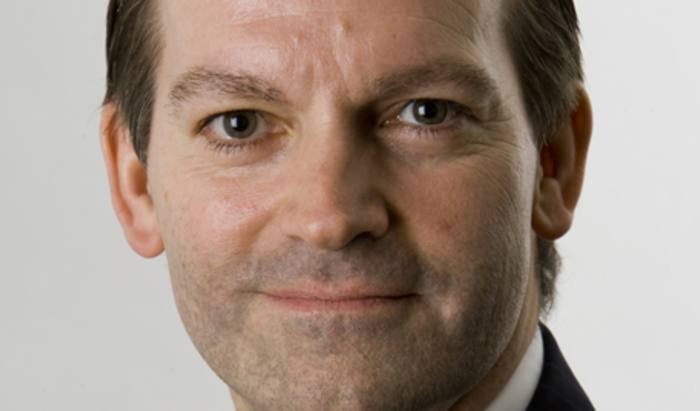
In the words of Ben Graham – investor, economist, professor and author of The Intelligent Investor, in 1949: “In the short run, the stock market is a voting machine; in the long run, it is a weighing machine.”
His point – that in the long run investors become better at assessing the substance and value of a company – may well be relevant for Quilter’s shareholders and advisers weighing up the Plc’s new direction and impact (if any) on service.
The fanfare around the flotation, which valued Quilter at £2.76bn on 25 June, included chief executive Paul Feeney’s (pictured) proclamation that the date was “an important milestone” in the company’s history.
Jubilant early news around the initial public offering (IPO) quickly gave way to announcements on a significant divestment and rebranding process now gathering pace.
On 29 June, the firm completed the sale of its single strategy asset management business to the management team and funds managed by TA Associates, the private equity firm. The deal was worth £583m.
Another announcement emerged soon after, that Quilter’s multi-asset investment business had been rebranded as Quilter Investors.
The £17.1bn asset manager is the first business to rebrand under Quilter and its multi-asset investment solutions including Cirilium, Generation, Creation and the sub-advised funds within WealthSelect now carry the new brand and Quilter Investors prefix.
Future proofing
With the dust now settled on a highly anticipated move to public ownership, is optimism shared across the adviser community? Not entirely.
Jeremy Edwards, adviser at Martin-Redman Partners, pointed out that advisers need to know if a decision made about where to place a client several years ago will still be valid in a few months, as Quilter moves forward.
“When you made that decision for a client, it was done partially because you could expect a similar or better level of service in the years ahead. Just a few years on, you don’t want to change where a client is placed. For one thing it might look like churning,” he said.
Mr Edwards added that he has seen situations before where private finance has invested heavily in a company, “and the nature of the business changed overnight”.
Offering a more sanguine view, Philip Hanley, director and independent financial adviser at Philip James Financial Services, said there is unlikely to be any difference in the short term. “As with Standard Life's sale, it will take some time for the new management team to work out a strategic direction, and the adviser relationship teams are working hard to reassure us that 'things can only get better'.
“In the longer term, Quilter, as we know it, is likely to disappear into the direct distribution model towards which Old Mutual has been working, within which I can't see there will be room for discretionary fund management, only a respected brand name,” he said.





